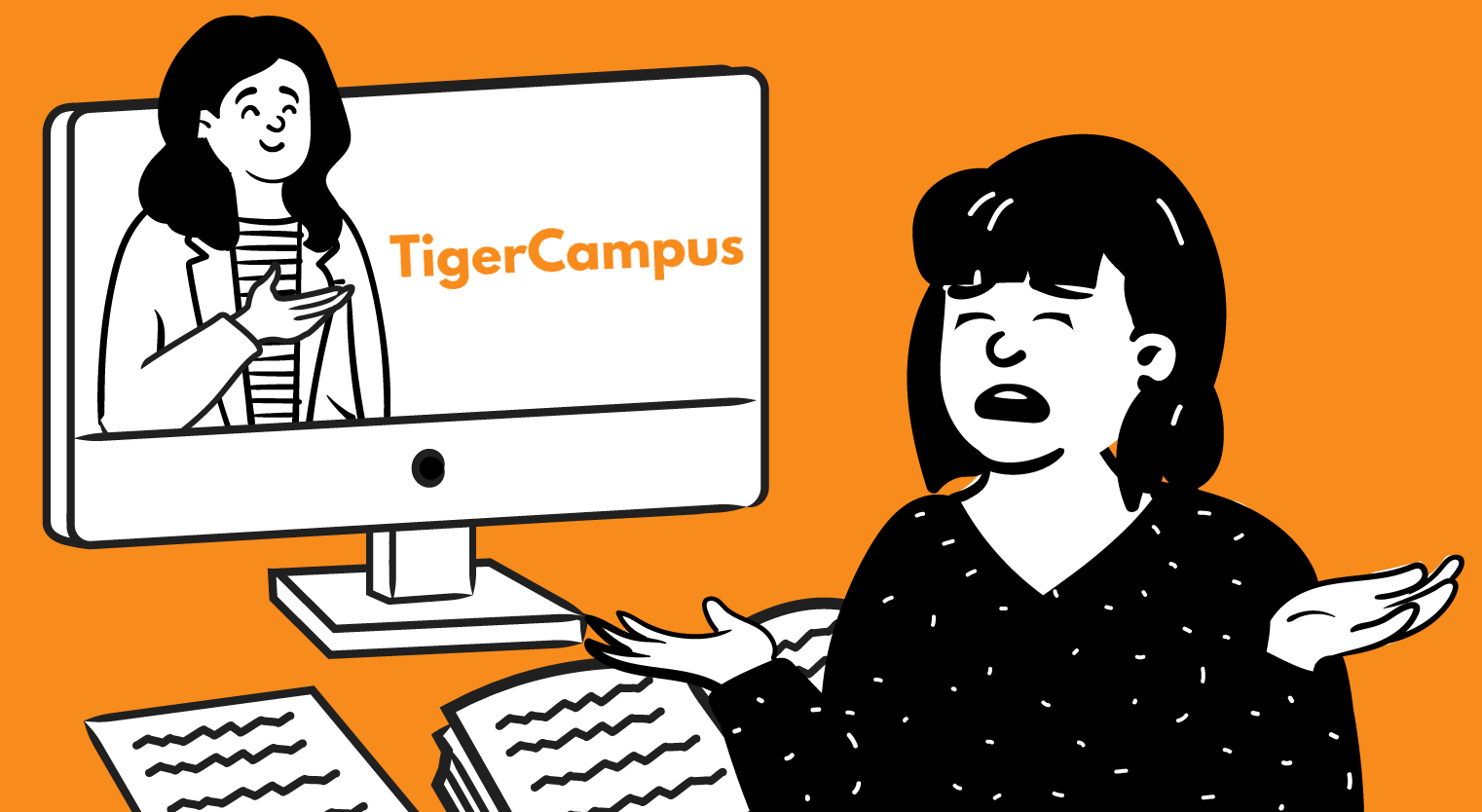5 Effective Ways to Trick Yourself to Be More Productive
Ever sat at your desk for 10 hours straight determined to finish revising a semester’s worth of syllabus, only to realise that you’ve barely covered a chapter? Instead of forcing yourself to study using brute force, here are 5 simple tricks to be more productive and get more studying done!
Updated 05 Mar 2019

Ever sat at your desk for 10 hours straight determined to finish revising a semester's worth of syllabus, only to realise with dismay that you've barely covered a chapter?
No matter how hard you try, it can sometimes be really hard to get some actual studying done.
Instead of forcing yourself to study using brute force, here are 5 simple tricks that you can use to be more productive and get more studying done!
1) Don't depend on willpower — instead, stick to a schedule
Ever realised how you tend to give in to temptation more easily after a long day of classes? Whether it's a bar of chocolate, bingeing on Game of Thrones or playing hours of computer games, you're much more likely to throw away study plans after a long and tiring day.
The reason is because studies have shown that you only have a limited amount of willpower. And once it's been used up, it's hard to make good decisions.
So instead of depending on your willpower and self-discipline to get things done, try creating a habit of studying at specific times of the day, everyday. For example, set aside 15 minutes at 11pm every night right before you go to bed to revise the day's learning material.
It may be difficult to at first, but the trick is to make studying a habit, just like brushing your teeth! Once it's become part of your daily routine (e.g. have dinner, go through revision notes / flash cards, surf Facebook, sleep), you'll find that it's much, much easier to get studying done!

2) Take control of your environment, or it will control you
The M&Ms at the Google office in New York used to be placed in baskets, which made it really easy for people to grab some as they walked past. So Google decided to do an experiment — they changed the baskets to bowls with lids. The lid didn't require a lot of effort to be lifted, but just that simple change reduced the number of M&Ms consumed by 3 million a month.
This shows how much your environment can impact your behaviour!
You may think that you’re in control, but your environment can influence your decisions and behaviour substantially.
So, don't let your environment end up dictating your study habits (and possibly your exam results!). Here's how you can create a conducive environment to get more studying done:
- Block off all distractions — Facebook, TV, computer games, even the Internet if you have to!
- Listen to calming music, but ditch catchy songs with lyrics!
- Create a conducive workspace for you to study in your room
- Camp out in the library, which has a "studying atmosphere"
Apply for university with EduAdvisor
Secure scholarships and more when you apply to any of our 100+ partner universities.
Start now3) Use the Pomodoro Technique: 25mins work, 5mins break
Do you find your mind wandering away every time you try to sit down and get some work done? Can't seem to stay focused and constantly feel restless?
The Pomodoro Technique is a great way to help you power through distractions, giving you maximum focus while incorporating breaks to keep your mind fresh and avoid mental fatigue.
The concept is simple — work for 25 minutes, then take a break for 5 minutes. This is one "Pomodoro". Every four Pomodoros, take a longer break.
Why this can work really well for studying is because it helps you get in the zone and focus. If you know that your 5-min break is coming up shortly, you'll hold off from answering a text or surfing 9GAG. It also reminds you to take breaks, giving your brain a moment to rejuvenate.
25 minutes too short? You can modify it to 45 minutes or even 60 minutes. Don't be afraid to experiment to find that sweet spot of how long you can focus before needing a break.
Don't quite like the Pomodoro Technique? There are tonnes of other time management systems that can help you manage your time. Keep testing to see what works for you best!
4) Trick yourself into thinking that the task is tiny
That huge assignment in front of you that you've been procrastinating for weeks?
Don’t sit yourself down and force yourself to finish the entire paper within a day. Instead, choose one small part of the paper that you can do immediately. For example, tell yourself that you’re only going to work on the introduction, or you’ll only write the outline in bullet points. Or if you absolutely hate a certain topic, instead of constantly putting it off, just say, “I’m not going to study this right now; but I will spend 10 minutes reading the practice questions and answers.”
What you're doing is tricking yourself to take the first small step, and you will soon build momentum from there.
Sometimes, just the pure act of avoiding certain things can cause a deep amount of stress and burden. Instead of letting this dreadful feeling grow in your head, choose to do something small that you feel you can achieve easily.
Before you know it, you’ll have started working on the paper that you’ve been dreading all week!

5) Schedule studying first thing in the morning
We know, we know — you're a night owl. Getting up for morning classes is already a challenge, and we're asking you to wake up earlier to get some studying done? Not going to happen.
The problem is that as the day passes, self-control problems are more likely to happen. Remember willpower? That's going to be nearly gone in the evening. People are more likely to break their diet, skip going to the gym or even indulge in vices, like drinking and smoking.
Some studies also point that your brain is sharpest 2.5 to 4 hours after waking up, so why not use this time to get some effective studying done? Instead of checking Facebook first thing in the morning, go through some of your study notes or work on a section of your assignment.
Remember that it's not the quantity of the hours that you put in, but how effective the hours are!






